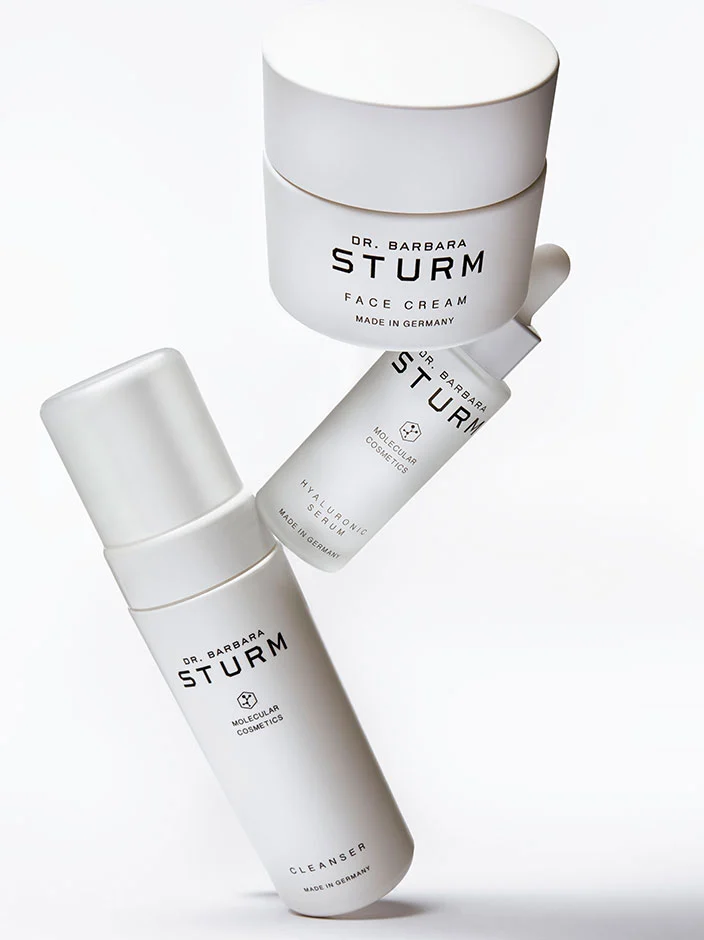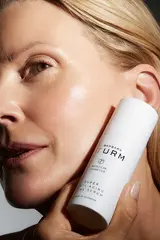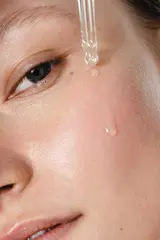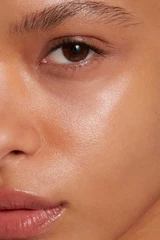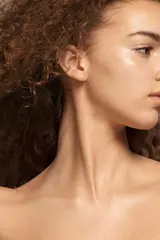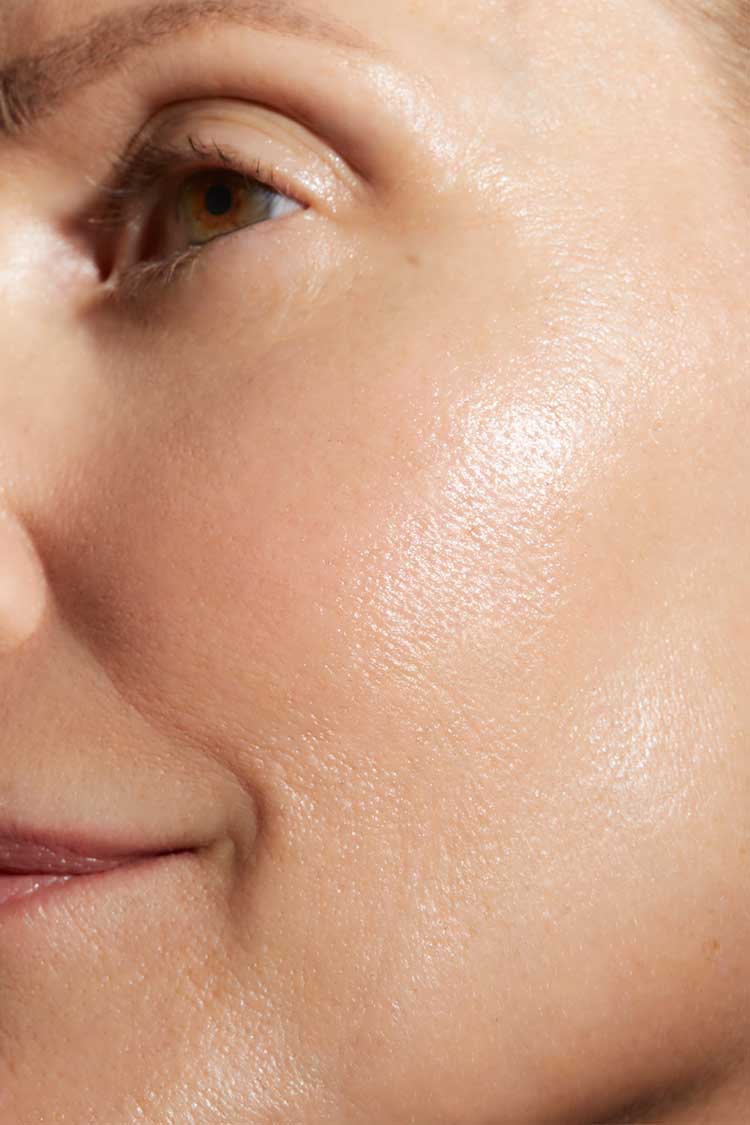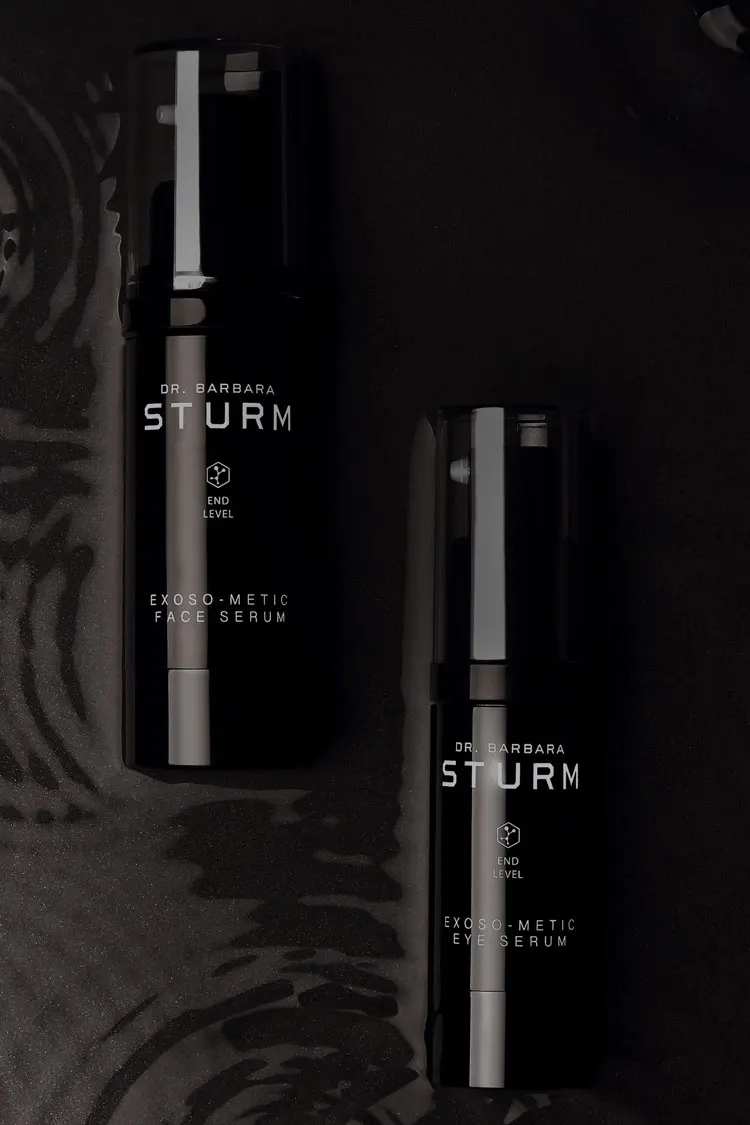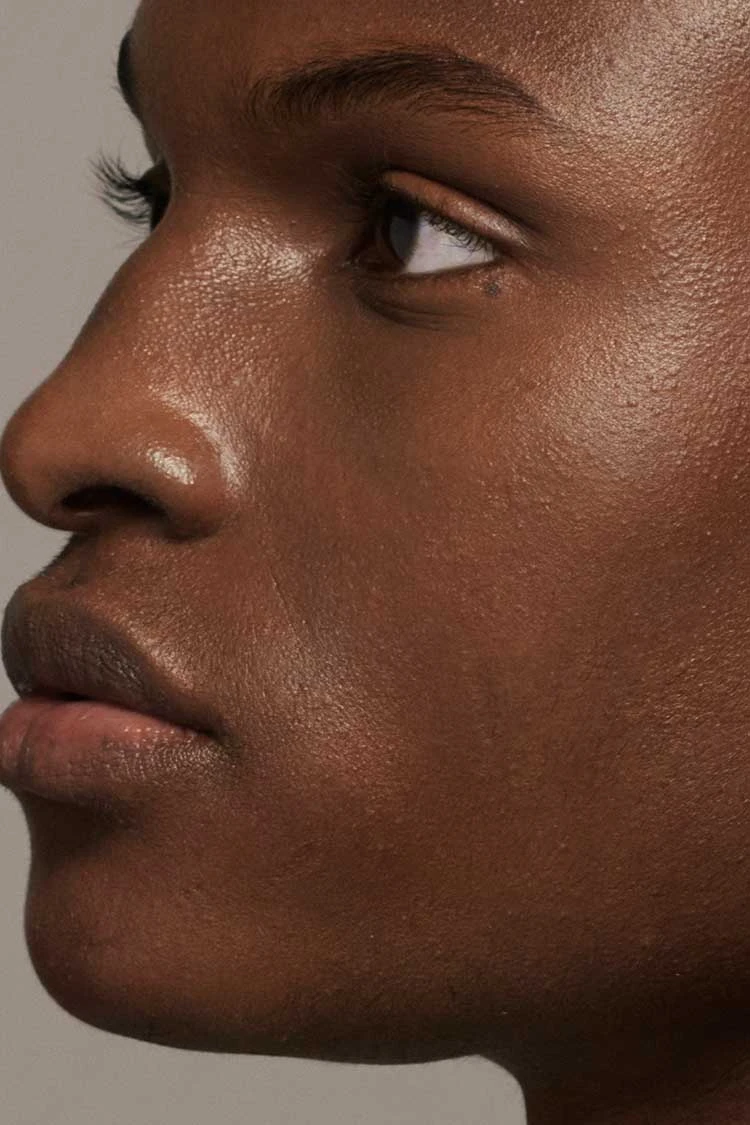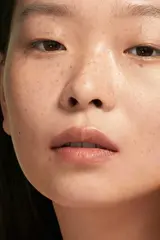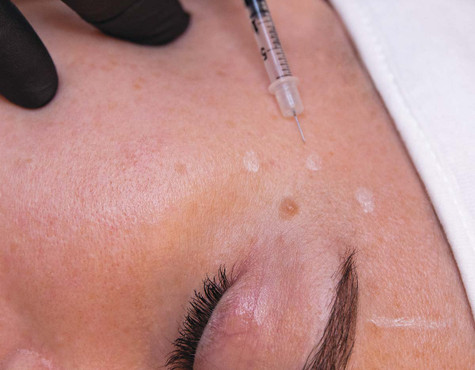I’m thinking about Botox, what should I know?
26th May 2023
Botox is one of the world’s most common cosmetic interventions as it is marginally invasive and in the right hands can yield beautiful and satisfying results. Botox is a registered brand name but is often used more generally to refer to treatments using approved muscle relaxants Vistabel, Bocouture and Azzalure. Understanding when, how and with whom you should be getting your first Botox procedure is key in achieving the effect you want. Here are some factors you may want to consider before booking your first Botox procedure.
What is Botox?
Botox is the term commonly used to define the procedure of injecting botulinum toxin, a neurotoxic protein that prevents the release of a neurotransmitter called acetylcholine that functions in the brain and body to send signals to cells including muscle cells. Injecting Botox into a muscle causes flaccid paralysis, a neurological condition in which the muscles are either weakened or paralyzed entirely. Botox’s primary use in aesthetics is to reduce the appearance of fine lines and wrinkles by temporarily preventing a muscle from moving. However, it can also be used to treat chronic migraines, hyperhidrosis, spasticity, and neck pain.
Where can Botox be injected on the face?
Botox can be injected into areas of the upper face including the frown lines and the muscles on the lower part of your face i.e. around the chin and mouth, jawline, and neck. I recommend avoiding Botox around the eyes and instead, injecting light fillers or Hyaluronic Acid in very small doses to address fine lines and wrinkles.
Should I be getting preventative Botox procedures?
I strongly advise against preventative Botox in your twenties, as it can cause muscles to atrophy (the waste or loss of muscle tissue) from disuse and cause skin that would have otherwise not drooped to rely on Botox injections to stay firm or in place.
At what age can I start using Botox?
I advise waiting as long as possible before starting Botox, unless you are genetically predisposed to premature aging and deeper lines at a younger age - generally, patients tend to be in their early thirties. In your twenties, you should be focusing on a consistent skincare routine that includes hydrating ingredients like a Hyaluronic serum and a potent face cream with anti-aging ingredients such as my FACE CREAM or the SUPER ANTI-AGING FACE CREAM. You can also try a lifting product like the LIFTING SERUM for example to create a similar, albeit temporary, effect.
Is injecting Botox painful?
Injections are very quick and with a trained medical professional a Botox injection should not be painful. At most you will feel a pinch or some discomfort momentarily. Many doctors will also offer a topical anesthetic like a numbing cream, which can make the procedure virtually painless.
What is the difference between Botox and fillers?
Botox is only injected into the muscle and suppresses a contraction or expression by blocking neurons in that muscle – the affected muscle is relaxed, and the skin become smoother. Botox injections can also aid in the prevention of new lines and wrinkles from developing. Fillers are injected into areas to replace lost volume under the surface of the skin, such as the cheeks, around the eyes, mouth, and jawline, replenishing lost volume for a smoothing effect.
What is the downtime after a Botox procedure?
There is little to no downtime after a Botox procedure as the treatment is very quick and minimally invasive. You may have slight bruising or swelling depending on your sensitivity in the days to follow and should avoid any invasive facial treatments including microneedling and microdermabrasion as well as strenuous exercise. This is because these activities may increase blood flow to the area which can potentially diffuse the Botox and minimize its results.
Dr. Barbara Sturm Digital Masterclass: Botox & Fillers
A digital masterclass live with Dr. Barbara Sturm and Dr. Estefania Lang on Botox and Fillers. Sign up for our next digital masterclass here.
Dr. Barbara Sturm Digital Masterclass: Botox & Fillers
A digital masterclass live with Dr. Barbara Sturm and Dr. Estefania Lang on Botox and Fillers. Sign up for our next digital masterclass here.
SIGNATURE:
Dr. Barbara Sturm
DATE:
22 March 2022
